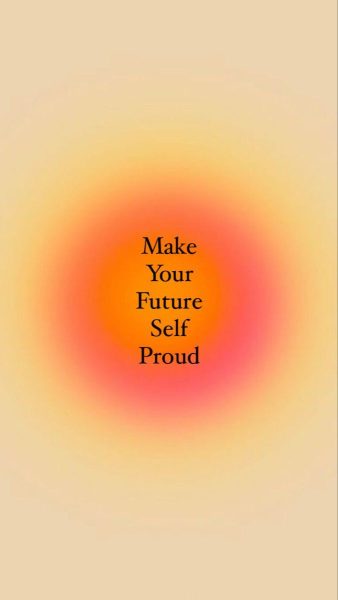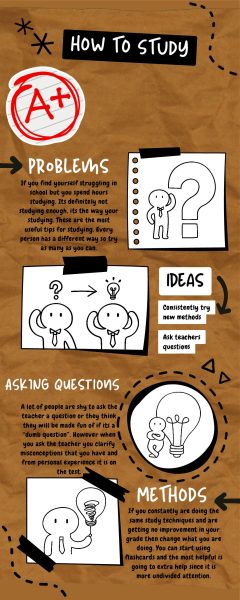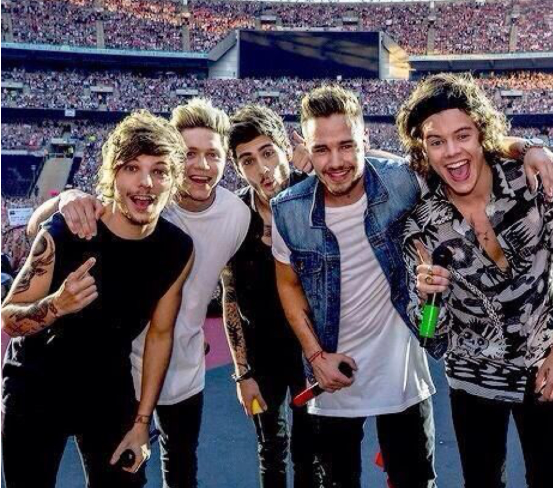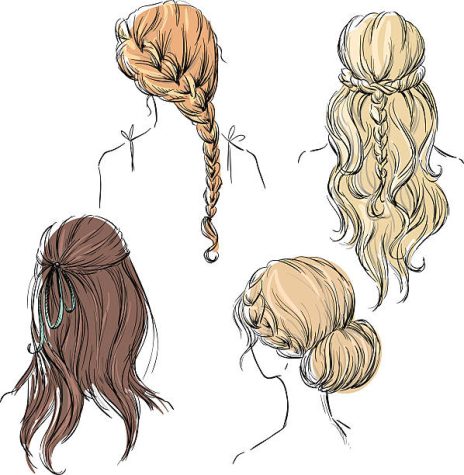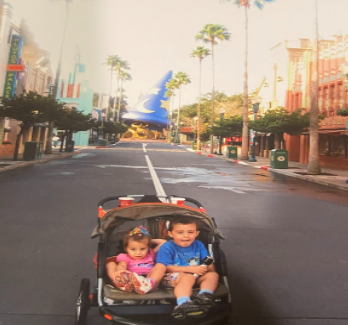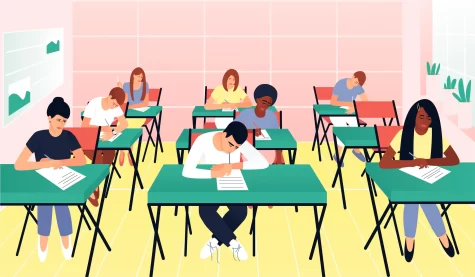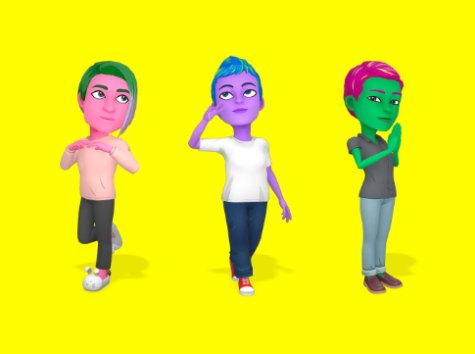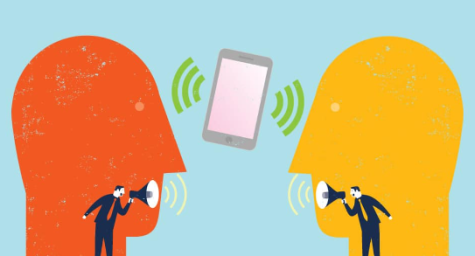Podcasts Rise to Power
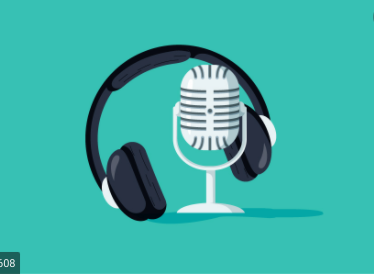
For the past 100 years, we as a society have been growing out of radio. First there was the record, which allowed you to listen to any music at any time. Then the television, which created a visual news stream. Then the iPod made music portable, and the cell phone made music and videos available in the same place. You’d think with all of this entertainment, people would no longer desire for the long-gone audio dramas of the radio, which most would consider inferior to the millions of books and movies available at our fingertips today. Yet, in this era of mass media, podcasts—a direct return to the days of radio—are becoming increasingly popular. There are more genres of podcasts than any other form of media and more formatting options too. People can’t seem to get enough, which begs the question, why?
With the popularity of streaming services, finding music and tv is easier and cheaper than ever, so it would make sense that podcasts would jump on the bandwagon too. Services like Spotify, Apple Music, and Google Play offer options for podcast listening on top of their music options. This means that with one account, a listener has access to two kinds of media. Many streamers also post their podcasts on Youtube for free. So, from a strictly economic standpoint, using one music account to listen to any podcast is significantly better than paying for several streaming services to watch a few tv shows.
Of course, when it comes to entertainment, most people don’t think too much about price; what’s more important is convenience. This is why streaming became so popular in the first place; all your favorite shows in movies, all in one place, available at any time. But to watch anything requires a degree of focus; you must watch, listen, and interpret what you see. This often means a person must sit down at a television for a specific period of time to take in a program. Yet, this problem is avoided with podcasts. So long as you have your cellphone and a pair of headphones, you could listen to any podcast while going about daily activities. You wouldn’t even need to have your phone out or on, you can cook, work, clean, drive, and do anything you’d like uninhibited and undistracted; making podcasts a more convenient choice than a book or movie.
Though the ease and convenience of podcasts are an important factor in their rising popularity, there is a far more impactful reason. When listening to a podcast, especially a biographical or fiction one, it feels as though the narrator is speaking directly to you. Books and television are made for broad audiences, to be taken in by millions at a time. But podcasts aren’t meant to be consumed in hoards or even in groups. Podcasts are meant to be heard by one person at a time, to be an individual experience. To just hear someone who knows incredible things speak about them to you is an unimaginable feeling, but a feeling provided by podcasts. That distinctly human connection is why the love of podcasts grew, especially after the events of 2020.
Podcasts are a very experimental medium, but that only means that new things are being discovered every day. Older radio stars are resurging in popularity, true crime is a growing fascination, horror has found a new format, non-fiction texts are suddenly interesting again, and you can hear any interview at any time. In the end, it doesn’t matter how podcasts were formed or what they are, but what they signify. Podcasts are another stepping stone in our journey to a new world of entertainment.

